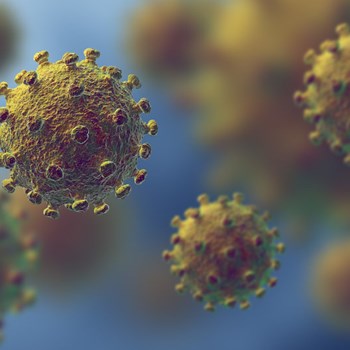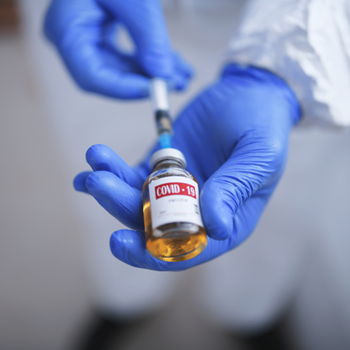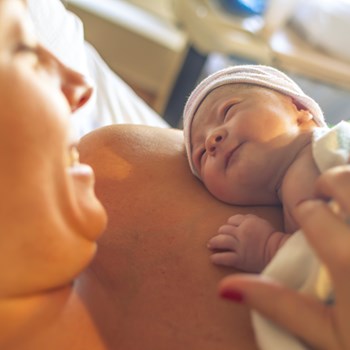The COVID-19 Vaccination and Pregnancy: Your Questions Answered
The Centers for Disease Control and Prevention has now recommended the COVID-19 vaccination for all pregnant and breastfeeding women. To help you decide if the COVID-19 vaccine is right for you while pregnant, we answered some of your frequently asked questions.
What are the CDC Recommendations?
The CDC recommends COVID-19 primary series vaccines for all people 6 months and older, including people who are pregnant, breastfeeding, trying to get pregnant, or might become pregnant in the future. They also recommend that everyone age 5 years and older should get a COVID-19 booster shot, if eligible.
Is the vaccine beneficial for pregnant and breastfeeding women?
Evidence about the safety and effectiveness of COVID-19 vaccination during pregnancy has been growing. According to the CDC, recent data has shown that breastfeeding people who have received mRNA COVID-19 vaccines have antibodies in their breastmilk, which could help protect their babies.
Does the vaccine cause fertility problems?
There is currently no evidence that any vaccines, including COVID-19 vaccines, cause fertility problems in women or men.
Is COVID-19 worse for pregnant women?
Although the overall risk of severe illness is low, pregnant and recently pregnant people are at an increased risk for severe illness from COVID-19 when compared with non-pregnant people. Severe illness includes illness that requires hospitalization, intensive care, need for a ventilator or special equipment to breathe, or illness that results in death. Additionally, pregnant people with COVID-19 are at increased risk of preterm birth and might be at increased risk of other adverse pregnancy outcomes, compared with pregnant women without COVID-19.
What do studies in pregnant women show?
None of the studies on any of the mRNA vaccines have found any safety concerns for pregnant women receiving the vaccine or their babies. No evidence has been found of a correlation between the COVID-19 vaccine and the increase of miscarriages.
There is a rare risk of blood clots in women under 50 who received the J&J vaccine. The mRNA vaccines do not show this risk and are available for pregnant women.
Does COVID-19 vaccination reduce the risk for infection in pregnant women?
Yes, studies show a reduced rate of infection, hospitalization, and death in pregnant women.
Does COVID-19 vaccination help my baby?
Yes, when pregnant people receive an mRNA COVID-19 vaccine during pregnancy, their bodies build antibodies against COVID-19. The antibodies against COVID-19 cross the placenta and likely help to protect your baby. Antibodies against COVID-19 are also found in the breast milk of vaccinated women, which can help to protect their babies.
Can I get COVID-19 from the vaccine?
COVID-19 vaccines do not cause infection, including in pregnant people or their babies. None of the COVID-19 vaccines contain the live virus that causes COVID-19 so a COVID-19 vaccine cannot make anyone sick with COVID-19, including pregnant people or their babies.
Does the COVID-19 vaccine cause special side effects in pregnant women?
Side effects can occur after receiving any of the available COVID-19 vaccines, especially after the second dose for vaccines that require two doses. Pregnant people have not reported different side effects from non-pregnant people after vaccination with mRNA COVID-19 vaccines (Moderna and Pfizer-BioNTech vaccines).
If I am planning to get pregnant, should I get the vaccine?
The CDC recommends COVID-19 vaccination for everyone 5 years of age and older, including people who are trying to get pregnant now or might become pregnant in the future, as well as their partners.
If you are pregnant and have questions about the COVID-19 vaccine
We understand this is a personal decision that should be made between you and your provider. If you would have any questions regarding pregnancy or the COVID-19 vaccine, please speak to your Women’s Health Connecticut provider.



